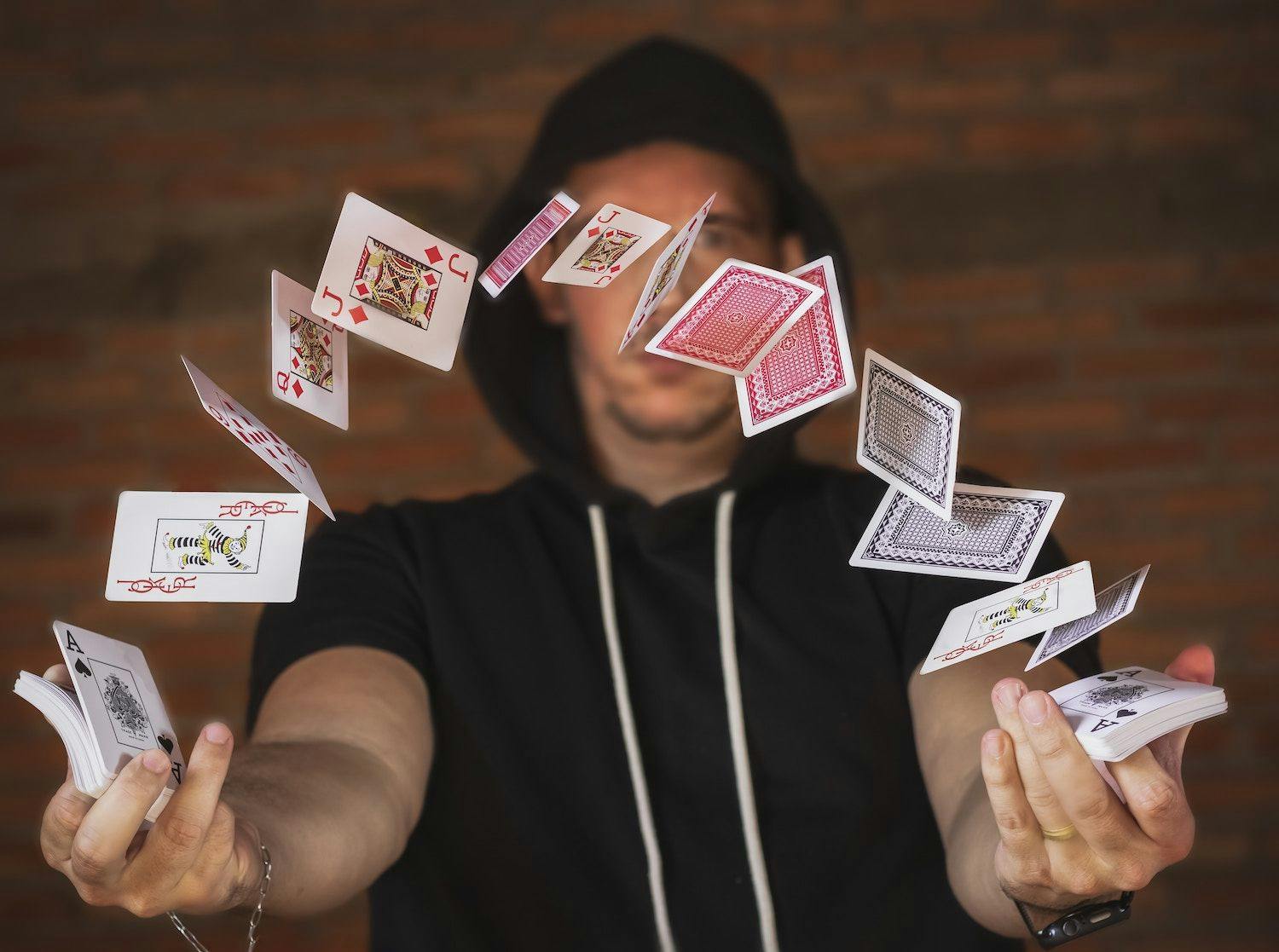People in this unique profession could be less prone to mental ill health
updated on Nov 16, 2023

Research has found that magicians are less likely to experience mental health challenges than other creatives
The creative industry is often considered to be quite an unsettled environment when it comes to making a career, and it can certainly be challenging to break through. However, this clearly hasn’t stopped people from pursuing their passions, with the sector growing by 6.9% in 2022 compared to the previous year. With the increase in the number of people making a living from the arts, we’re shedding light on some of the mental health experiences of creatives – and the unique profession that remains well-balanced.
New research conducted by Aberystwyth University and published in the BJPsych Open Journal has revealed that magicians and illusionists are less likely to experience mental health disorders than other creatives and the general population.
The study compared the ‘psychological traits’ of magicians across the world with data from other creative professionals (such as comedians, writers and artists) and the wider population. It concluded that magicians were less likely to experience unusual experiences, such as hallucinations or cognitive distortions, than others in the field. This group also scored low on “impulsive nonconformity”, which is a trait associated with lower self-control and anti-social behaviour. Overall, results suggest that the mental health profiles of magicians were most similar to those of mathematicians and scientists.
So why is it that this particular profession appears to be the exception? Well, researchers believe that this is likely to be due to the complexity of the tricks they perform. The Conversation notes that magic offers very little flexibility, no room for error and, therefore, requires discipline and precision in order for the tricks to be repeated exactly the same way each time.
There are many studies that have explored the link between creativity and mental ill health. We can see this exemplified among many well-known creatives – van Gogh, Sylvia Plath and Robin Williams, to name a few.
Why might creatives experience mental health challenges?
- It’s an incredibly fast-paced career.
- It’s become increasingly more competitive as its popularity grows.
- The demand for particular skill sets is constantly evolving.
- It can be hard to find peer support.
- The nature of the industry often means creatives work long hours.
- For those looking to make a living, it can be financially challenging as incomes can fluctuate.
- Many creatives argue that the industry is at risk due to the rise of AI.
How can coaching support creatives?
Creative coaching ultimately helps people develop their creative skills and overcome any barriers they might be facing. Coaching can not only help you further your skills, but also overcome limiting beliefs and creative blocks by giving you accountability.
Some people might choose to tie this in with career coaching which can help you understand what you want to get out of your work life and navigate any work-related decisions.
If you’re a creative, whether you do this full-time or as a hobby, and you feel like you’ve hit a bump in the road, coaching could help you get back on track. Connect with a coach today on Life Coach Directory.

